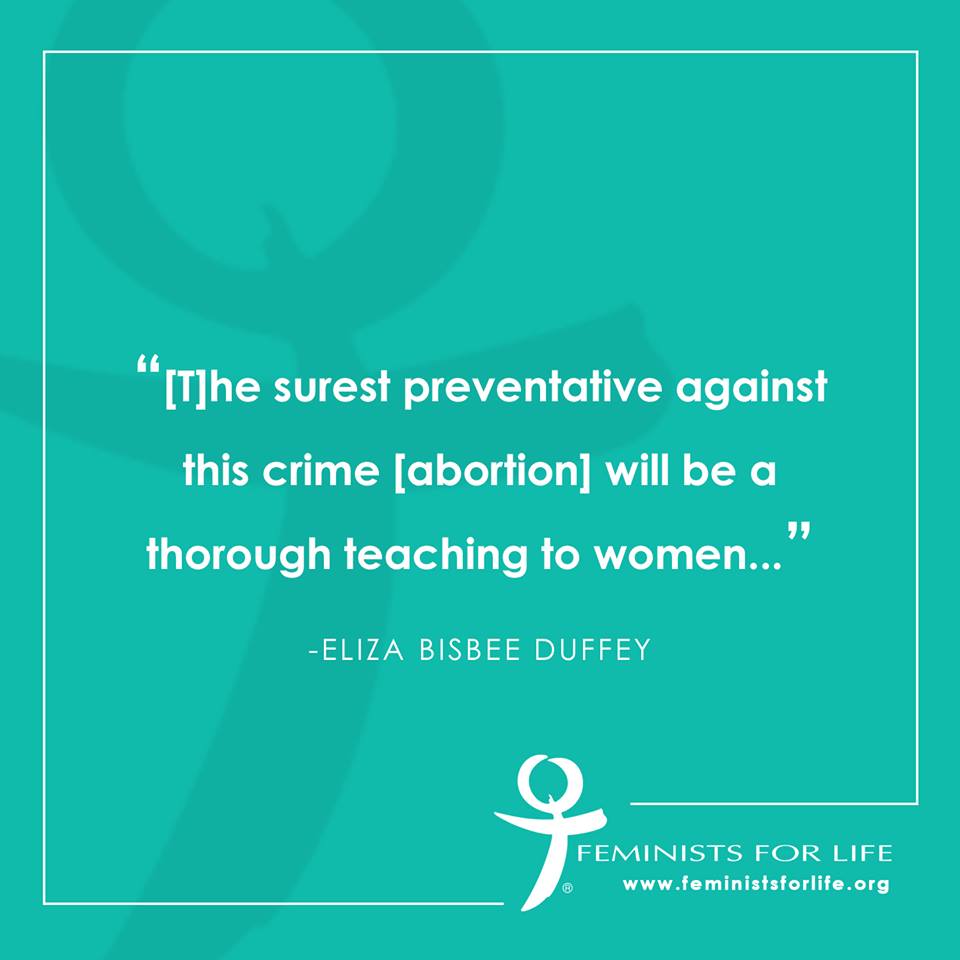
IN THE 19TH CENTURY, the unique powers of the female body were not celebrated, but despised as barriers to intellectual and public achievement. We know little today about the lives of Sarah F. Norton and Eliza Bisbee Duffey, but we do know that they, like other early feminist leaders, identified this view of the female body, and the discrimination it rationalized, as the real impediments.
Norton, a novelist and lecturer, often challenged gender-based economic disparities. She questioned the practice of marriage as the husband’s economic ownership of the wife. As president of the Working Women’s Association, she discovered that about half of New York City ragpickers were female. She wryly concluded, “This is the only business in which women have equal opportunities with men.”
Pointing out that children were not the property of their parents, to be denied schooling and forced to work at very young ages, she advocated compulsory education for both sexes. “If, by this means, every boy and girl could both be educated and made self-supporting…would it not be better for both parents and children? ”
In 1869, Norton teamed up with Susan B. Anthony to “assail that stronghold of feminine prejudice, the Cornell University,” an institution quite typical in its refusal to admit women. Fortunately, Norton and Anthony won a sympathetic hearing from university founder Ezra Cornell, who began admitting women the next year.
Harvard Medical School professor Edward Clarke led a backlash against such changes. His highly influential book Sex In Education (1873) insisted that the rigors of higher education would cause women to suffer from such dire problems as prolapsed uteri, menstrual disturbances, hysteria and (perhaps most horrible of all) “abnormally active cerebration.” Many feminists could not resist the opportunity to challenge Clarke. Author Eliza Bisbee Duffey responded with a spirited book titled No Sex In Education. Clarke, she said, professed to be protecting women, but was actually furthering “those who oppose the advancement of women.”
In Duffey’s view, women deserved not only equal access to education, but also “a thorough acquaintanceship with the organs and functions of their own bodies, in order that they may guard against disease and suffering in themselves and that they may bring forth healthy children.” Her sex-education manual, What Women Should Know, was acclaimed by the likes of Elizabeth Cady Stanton and Julia Ward Howe.
Duffey risked legal prosecution to provide women with such information. As part of this work, she firmly opposed abortion, believing that “no one has a right to jeopardize a life which has already begun ever so brief an existence.” She saw abortion as the result of men’s irresponsibility and coercion, the dreadful mistreatment of single mothers, and women’s enforced ignorance about their bodies and about those of their unborn children. Like many women, she once felt there was no real harm in abortion—“until I became thoroughly acquainted with sexual physiology and comprehended the wonderful economy of nature in the generation and development of the human germ.”
In her Relations of the Sexes (1876), she demanded respect for women as moral agents: “Knowledge among women will do much towards decreasing this crime” (meaning abortion). “Do not be content to tell women it is wrong, and then stop there. Women are impatient of being treated like children, or unreasoning beings; nor do they like to be dictated to. Tell them the how and the why of the whole matter, and they will discover the wrong themselves, and feel the full force of it, far more than they ever can by taking it merely on the say-so of men.”
Sarah Norton offered a similar view of abortion as “antenatal child murder” stemming from women’s oppression. She looked forward to the “blessed time” when motherhood would be truly supported and “when the right of the unborn to be born will not be denied or interfered with.”
That “blessed time” has not yet arrived. Women certainly have more educational opportunities than in the past, but continue to struggle with no-win “choices” between motherhood and simple economic survival, let alone professional achievement. These “choices,” especially abortion, are still presented as an inevitable consequence of women’s “defective” biology. As Sarah Norton and Eliza Bisbee Duffey recognized so long ago, women deserve other and better possibilities.
Mary Krane Derr was a 1980 Telluride Scholar at Cornell. She graduated from Bryn Mawr in 1985—its centennial year—and gave birth to her daughter in 1987.






